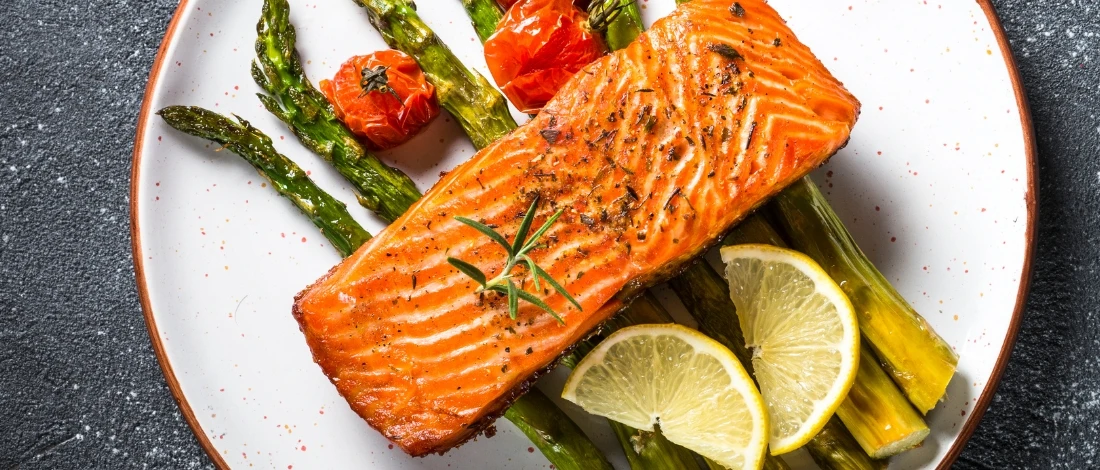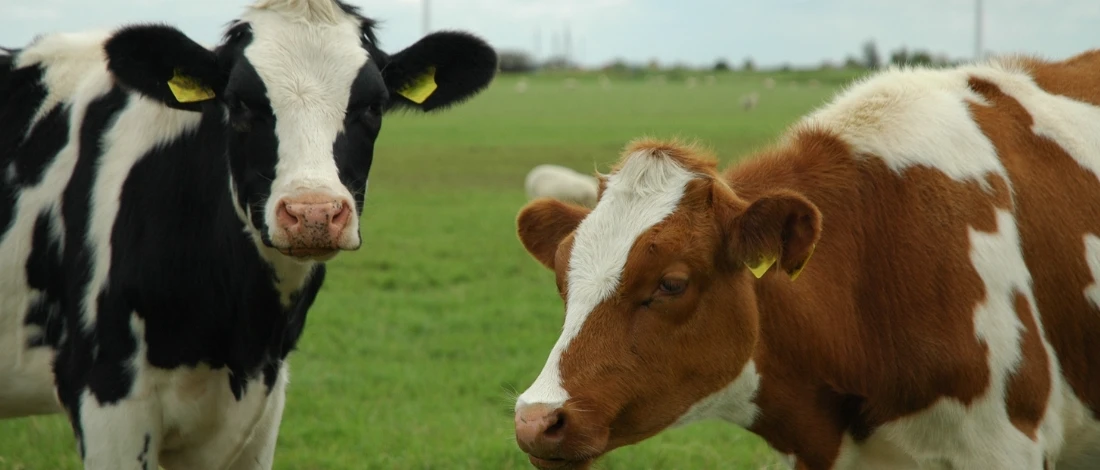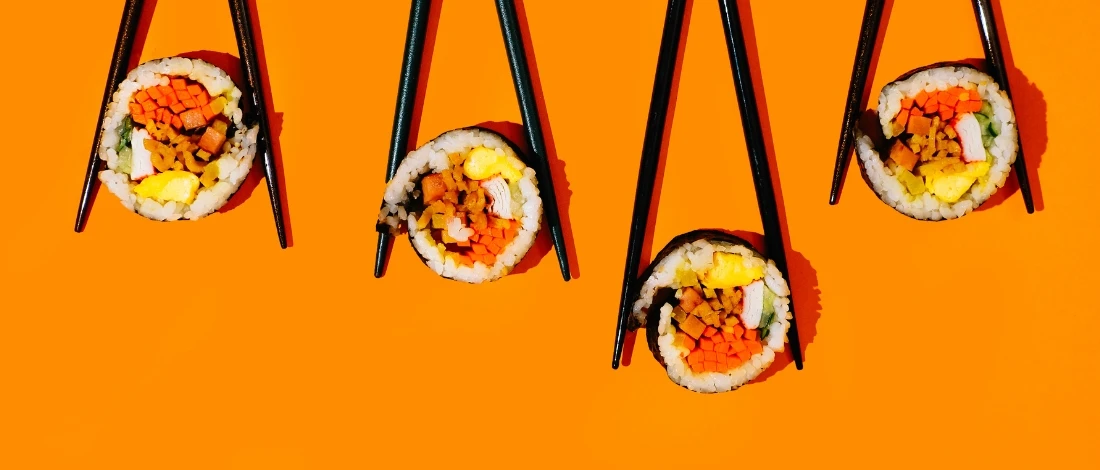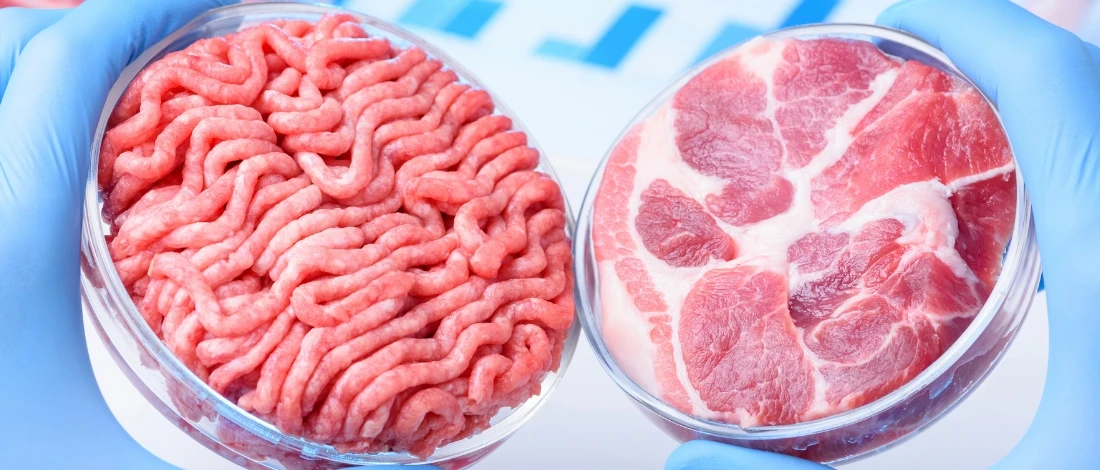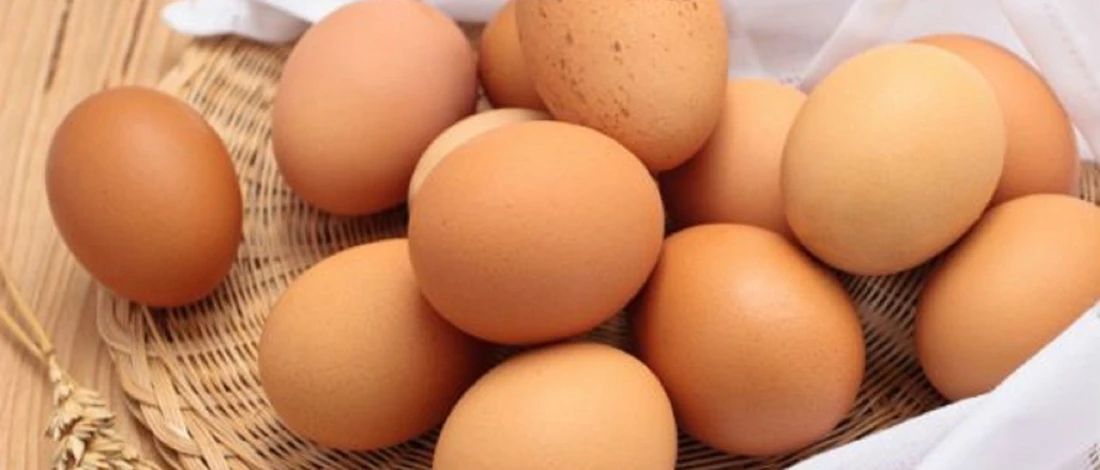Breaking the ‘Yuck Factor’: Experts Predict the Future of Protein with Bugs and Lab-Grown Meat
What will the future plate look like? That answer may hinge on whether Western diners are ready to embrace unfamiliar foods like insect protein or lab-cultivated meat, new alternatives poised to replace traditional meats in a bid for sustainability.
As our world shifts to more eco-friendly food options, scientists say it’s high time to rethink our diets. “Disgust and food neophobia — a fear of new foods — are often cited as obstacles to adopting more sustainable food choices,” shares Alexandra Plakias, a philosophy professor specializing in food and disgust at Hamilton College.
In her words, this “yuck factor” has long been seen as a major hurdle in getting people to consider options like crickets and lab-grown beef. Yet, past shifts in culinary habits suggest two approaches: tap into familiarity or lean into novelty.
The “safe route” might be our best bet. During World War II, for instance, Americans were encouraged to eat organ meats (cleverly dubbed “variety meats”) to support the war effort by conserving traditional meat for soldiers.
Psychologists recommended presenting these organ meats as similar to familiar cuts — think meatloaf made with liver — as a way to ease the mental leap. The Committee on Food Habits encouraged this “safe route” approach to nudge people toward new choices, aiming to make the unfamiliar feel more comfortable.
On the flip side, some foods breakthrough by being different, even exciting. Sushi is one famous example. In the 1960s, it entered the American dining scene not as an everyday choice, but as a daring experience.
Dining on raw fish quickly turned into a trendy move, one that added a dash of sophistication to the eater. Ironically, what was once exotic is now as common as cornflakes, with chains like Kroger selling millions of sushi pieces yearly. Offal dishes have seen a similar “new chic” revival in high-end dining, embraced for their novelty.
So, where does that leave lab-cultivated meat and bugs on the future dinner table? According to Plakias, it’s a toss-up. For these alternatives to really catch on, they need to be more than just a sacrifice.
The trick will be to find a balance between the comfort of familiarity and the thrill of the new, blending them into food options that can either quietly fit in or boldly stand out.
With the right combination of approaches, maybe tomorrow’s burgers could come from a bioreactor or even a cricket farm. Only time will tell.
Curious about how alternative proteins like insects and lab-grown meat could shape the future of food? Visit our homepage for insights on meat trends.


